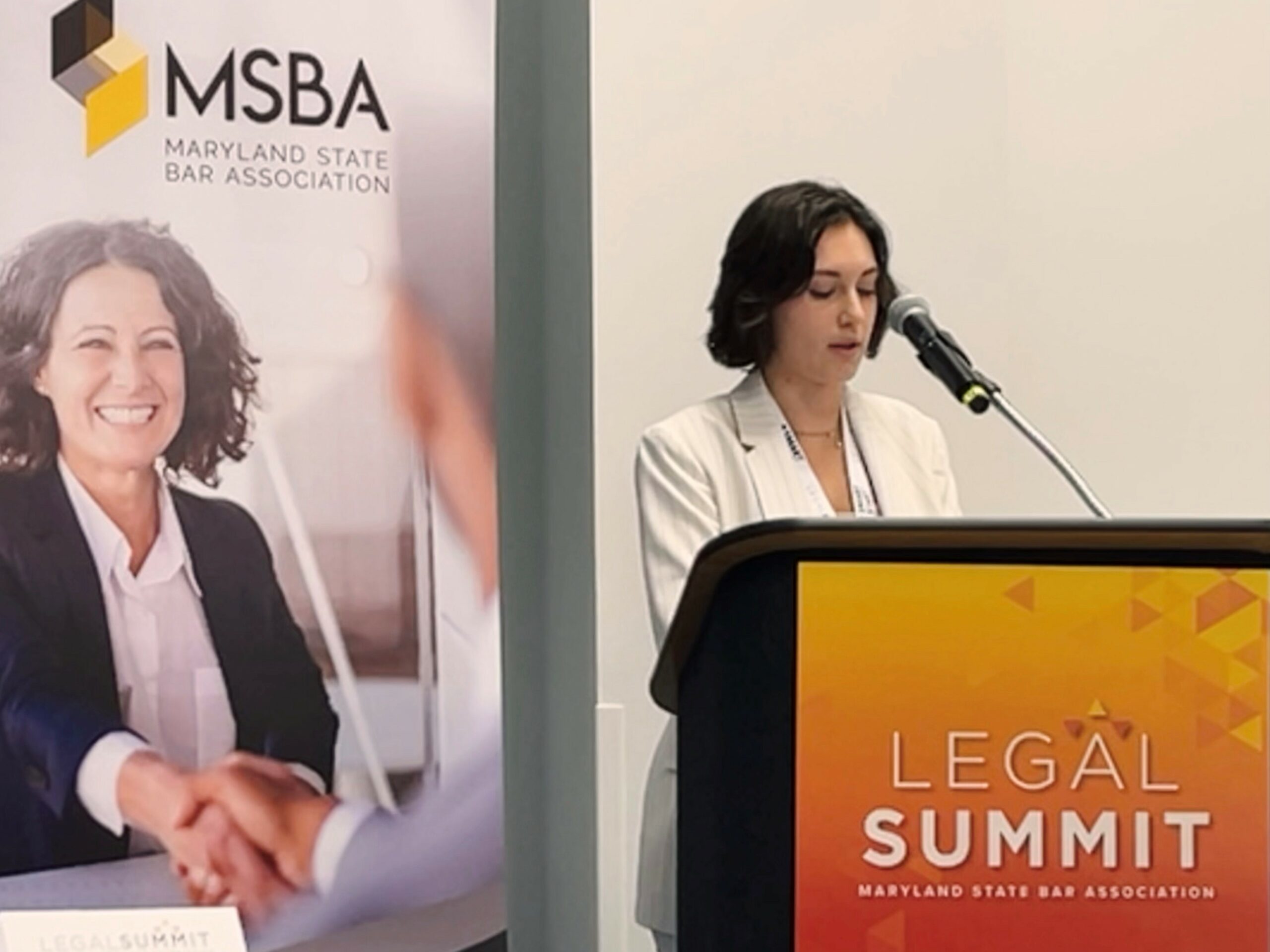August is National Make-A-Will Month. For many Marylanders, this annual reminder is just the motivation they need to finally sit down and create their Last Will and Testament and plan their estate. And once they do, many find the process is not as complicated or tedious as they anticipated. Do you still need to plan your estate?
Estate planning is an incredibly important tool, and not just for the “uber wealthy” or those thinking about retirement. On the contrary, estate planning is something every adult should do. Estate planning can help you accomplish any number of goals, including appointing guardians for minor children, choosing health care agents to make decisions if you become ill, minimizing taxes so you can pass more wealth onto your family members, and stating how and to whom you would like to convey your assets when you pass away.
While estate planning should be at the top of everyone’s “to-do list,” it can be an overwhelming topic to dive into. To help you get situated, below are some important terms you should know as you think about your own estate plan.
Assets: Generally, anything a person owns, including a home and other real estate, bank accounts, life insurance, investments, furniture, jewelry, art, clothing, and collectibles.
Beneficiary: A person or entity (such as a charity) that receives a beneficial interest in something, such as an estate, trust, bank account, or insurance policy.
Distribution: A payment in cash or asset(s) to the beneficiary, individual, or entity who is entitled to receive it.
Estate: All assets and debts left by an individual at death.
Fiduciary: A person with a legal obligation (duty) to act primarily for another person’s benefit, e.g., a trustee or agent under a power of attorney. “Fiduciary” implies great confidence and trust, and requires a high degree of good faith and responsibility.
Funding: The process of transferring (re-titling) assets to a Living Trust. A Living Trust will only avoid probate at the Grantor’s (i.e., trustmaker’s) death if it is fully funded, meaning it contains all the decedent’s assets.
Incapacitated/Incompetent: Unable to manage one’s own affairs, either temporarily or permanently; often involves a lack of mental capacity.
Inheritance: The assets received from someone who has died.
Last Will and Testament (“Will”): A written document with instructions for disposing of assets after death. A Will can only be enforced through a probate court. A Will can also contain the nomination of guardian for minor children.
Living Probate: The court-supervised process of managing the assets of an incapacitated person. Guardianship or Conservatorship is another term used for this process.
Marital Deduction: A deduction on the federal estate tax return that allows the first spouse to die to leave an unlimited amount of assets to the surviving spouse free of estate taxes. However, if no other tax planning is used and the surviving spouse’s estate is more than the amount of the Federal estate tax exemption or Maryland estate tax exemption in effect at the time of the surviving spouse’s death, estate taxes will be due at that time. (Note: In 2023, the Federal estate tax exemption amount is $12.92 million for individuals and $25.84 million for married couples. Currently, the Maryland estate tax exemption amount is $5 million for individuals and $10 million for married couples.)
Settle an Estate: The process of winding down the final affairs (e.g., valuation of assets, payment of debts and taxes, distribution of assets to beneficiaries) after someone dies.
Trust: A fiduciary relationship in which one party, known as the Grantor or Trustmaker or Settlor, gives another party, known as the Trustee, the right to hold property or assets for the benefit of another party, the beneficiary. The Trust should be memorialized by a written trust agreement, outlining how the trust assets will be distributed to the beneficiary.
How MM&C Estate Planning Attorneys Can Help
We understand that making a will can be a daunting task. We are here to guide you through the decision-making process and answer any questions you may have along the way.
Schedule a Meeting
Call us to schedule an appointment so we can help you check this item off your to-do list. Let us help you choose the best course of action for your estate planning needs. We are more than happy to meet with you by phone, video conference, or in-person.
The attorneys in Miller, Miller & Canby’s Estates & Trusts practice provide extensive estate and legacy planning, asset protection planning, retirement planning, and business planning services to individuals and businesses. To learn more about Miller, Miller & Canby’s Estates & Trusts practice click here.










Share this Article: